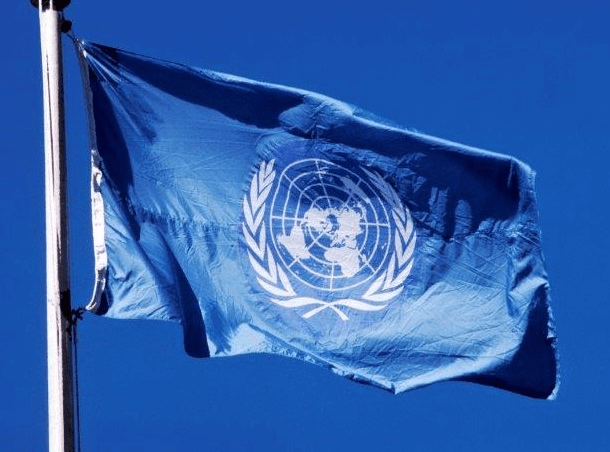Thanks to journalistic work, we know the most important events of our society, but we also have access to hidden truths at first glance. Despite this, the press is not immune to the dangers of violence and stigma as it does its duty: to inform citizens truthfully and in a timely manner.
The right to freedom of expression depends on the freedom and independence of the press, which remains a pending task. According to UNESCO data, in 2022, a total of 86 journalists and media workers will be killed worldwide every four days.
Peru’s case is also worrying, with figures from the Peruvian Press Council (CPP) showing that between December 2022 and February 2023, more than 170 journalists were assaulted, harassed, threatened, assaulted and/or arbitrarily detained.
Reporters Without Borders (RSF), in its latest 2023 report, ranks Peru 110th out of 180 countries in the world ranking of press freedom, a drop of 33 positions from last year. .
Enrique López-Hurtado, coordinator of UNESCO Peru’s Department of Culture, emphasized that UNESCO, as a United Nations agency, contributes to these goals by promoting the “free flow of ideas through words and images.” It is based on transparent work with states, journalists and civil society.”
“We are committed to a free press that can inform citizens without compromising the integrity of communications professionals, and we will continue to work toward this with trade associations such as UNESCO and the Associated Press,” said Vice President Carla Zagaba. Resident Representative of UNDP.
As part of efforts to address this situation, the United Nations Development Program (UNDP) in Peru and the United Nations Educational, Scientific and Cultural Organization (UNESCO) organized a seminar in Cusco. Free Journalism: For a society with a right to informationNovember 2 is commemorated as the “International Day to End Impunity for Crimes Against Journalists”.
Photo: © UNDP
The event provided key insights into understanding the threats journalists face and new situations in which journalism can be threatened, such as misinformation, fake news and cyberbullying.
The first module included the participation of Federico Sunga, UNESCO Adviser on Freedom of Expression and Human Rights; Maria Cristina Caldas, A Mi No Me la Hacen Co-Chair; and Alvaro Beltrán, Associate in Digital Democracy at UNDP for Latin America and the Caribbean.
In the second volume, journalists Edith Cinchi Roca from Radio Universal; and Renzo Chávez, General Secretary of the National Association of Journalists (ANP) of Peru, gave their testimonies on the state of press freedom in Cuzco and at the national level respectively.
Finally, the last place was created by Dora Garrido, Coordinator of the Communication and Information Department of UNESCO Peru, and Gladys Conza, Principal Professor of the National University of San Antonio de Abate in Cusco.
Photo: © UNDP

